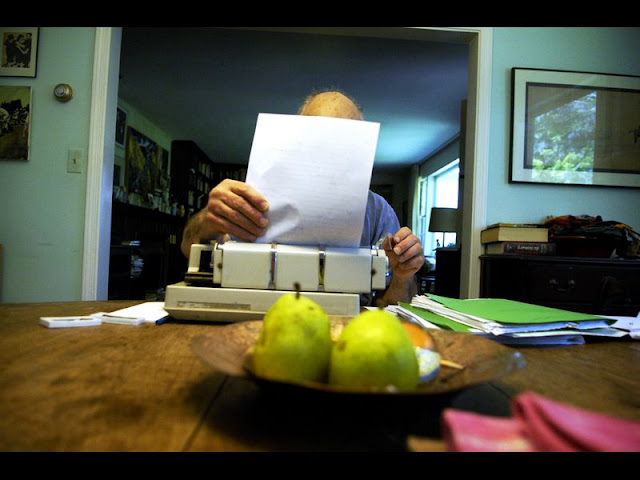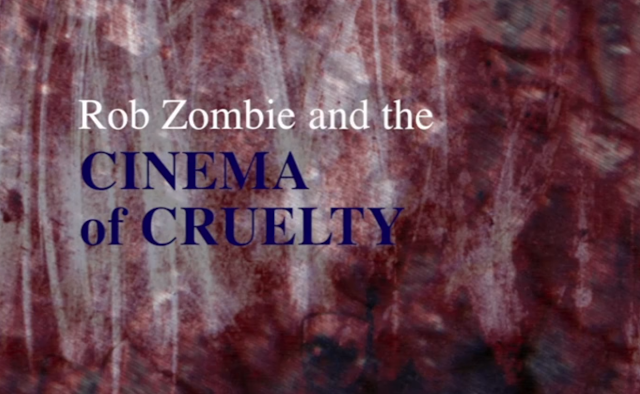2019: Writing, Reading, Viewing

Photo by Jon Tyson via Unsplash In an attempt to remember some of what I wrote, read, and watched this year, here are reflections on 2019 as it enters the past... Writing I had only a handful of publications this year, mostly because a lot of energy was eaten by work on my book Modernist Crisis and the Pedagogy of Form , which will be published next month by Bloomsbury, and by a few other items that are all scheduled for publication next year. I did manage to publish some fiction, though, for the first time in a while, and that was heartening, especially as the two stories appeared with publications I particularly respect. Here's the list: "Toxic Masculinity at the End of the World: On David R. Bunch's Moderan " , The Millions (January) Review of The Undying by Ann Boyer and Screen Tests by Kate Zambreno, Rain Taxi (Fall) "After the End of the End of the World", Outlook Springs issue 6 "A Liberation", Conjunctions issue 73 ...




